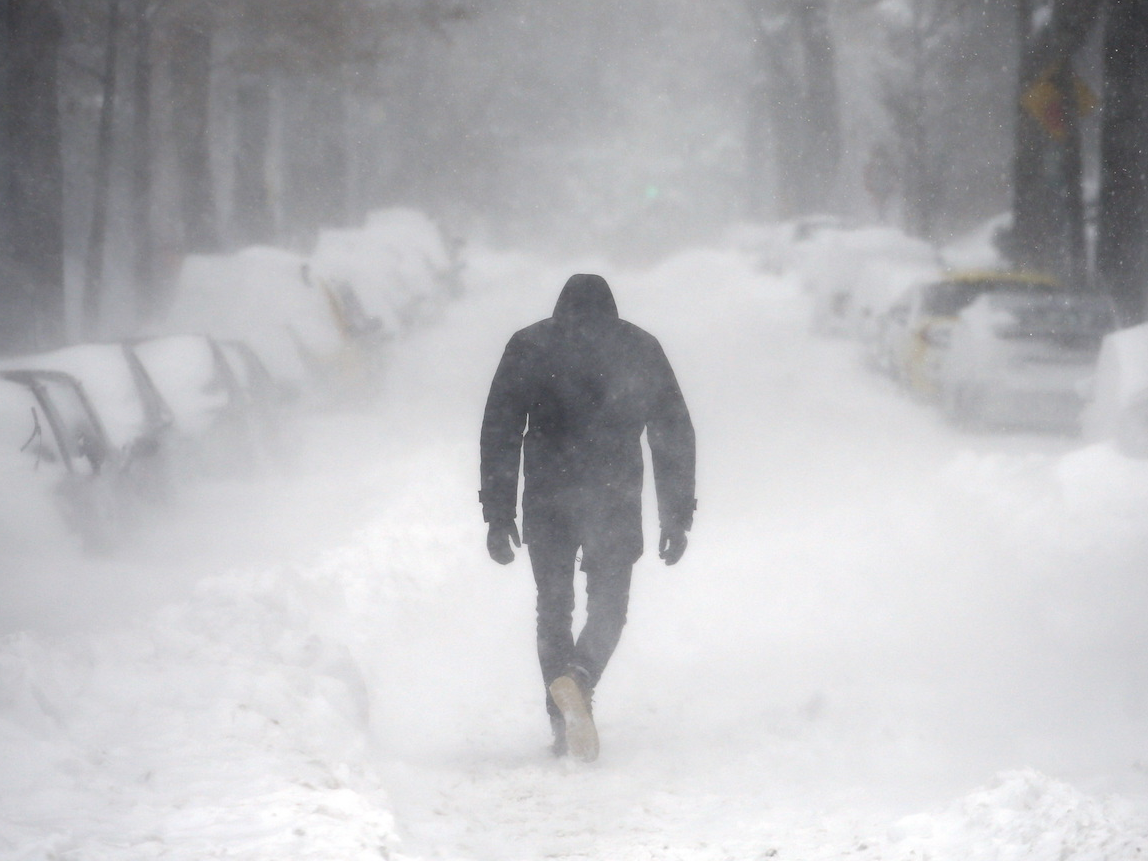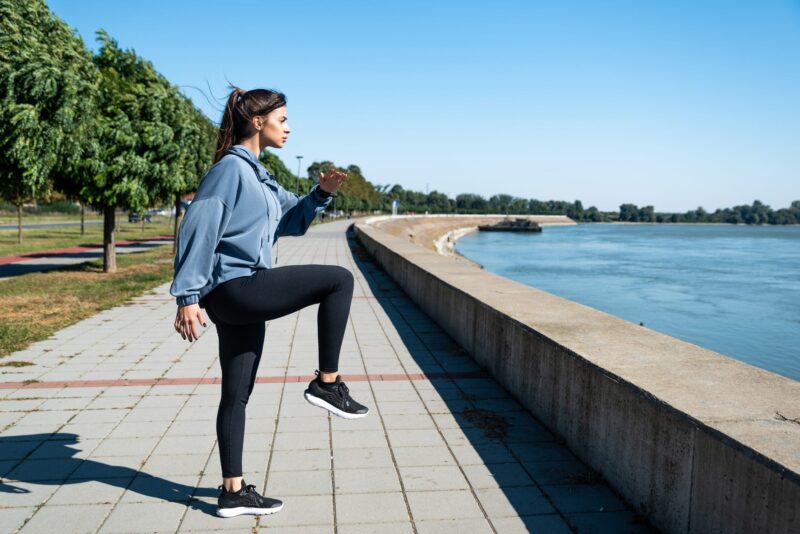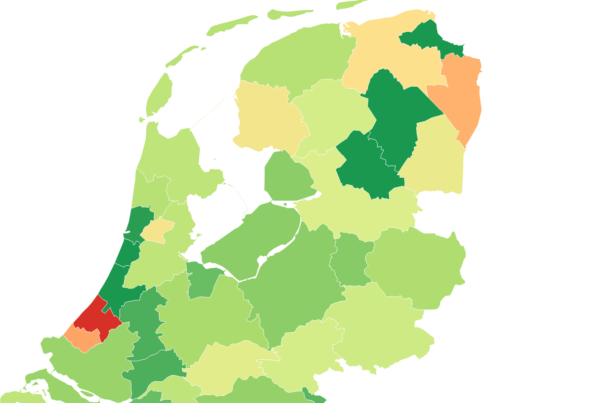- You can’t get sick from being cold, but spending more time indoors with large crowds is an easy way to contract an infection.
- If you tend to slack off on your exercise routine when it gets cold out, that can weaken your immune system and increase your risk of getting sick.
- While cold weather won’t make you sick, a rapid change in the weather can make you more susceptible to illness.
- This article was reviewed by Rod Oskouian, MD, at the Swedish Neuroscience Institute.
Contrary to popular belief, cold weather cannot make you sick, at least not directly.
“My mother used to say that I was going to catch a cold going out into wet winter weather, and I’d tell her, ‘No way,'” says Tina Sindher, a clinical assistant professor of allergy and immunology at Stanford Medicine. “But now I’m actually starting to see some correlation.”
No, you can’t get sick from being cold
That correlation has more to do with our behavior when cold weather hits than the cold weather itself.
“People are more inside in cold weather and kids are in close contact at school, plus we tend to stay inside while touching more surfaces that could have germs on them,” Sindher says.
Basically, the colder it gets outside, the more time we spend inside, often in close proximity to one another. And it's that contact that makes infectious diseases like the cold and flu viruses easy to spread.
You can't get sick in a vacuum, says Sindher: "You have to be exposed to people who are sneezing and coughing to catch a cold. Just going outside when it's cold doesn't automatically make you ill."
Cold weather can make you more susceptible
Another reason we tend to see more colds in the winter months has to do with slacking off on that exercise routine, according to Bruce Barrett, a professor and family physician at the University of Wisconsin School of Medicine and Public Health, who has conducted multiple studies on this topic.
"In our last two clinical trials, I've interpreted [the results] as saying that regular exercising or meditating can reduce the incidence, duration, severity, and impact of all caused respiratory infections by 20 to 25%, but you have to do it every day," Barrett says.
"That means if you, on average, get four colds every two to four years, you'd prevent one of those illnesses. That still means you'd get three of those colds, and you have to do that exercise or meditation every day. So you have to ask, is it worth it?"
Exercise and meditation's benefits might have something to do with the effect of stress and depression on the body's immune system. For example, stress hormones, like cortisol are produced by your endocrine system, which has many jobs including helping regulate your immune system.
But when you're overly stressed for weeks or months at a time it overtaxes your endocrine system. This means your immune system isn't as effective at fighting off illness. That's why regulating stress and depression through exercise and meditation is important for fending off infectious viruses like the cold and flu.
"General mental and physical health is definitely a factor for cold-virus susceptibility," Barrett says. "The cold weather might change our immune system, but since we don't study these effects based on how many minutes people are spending outside, we can't be sure as to the exact effects."
Changing weather can put you at risk
While cold weather isn't going to make you sick, a rapid change in the weather could make a difference. In a 2016 study published in the journal Viruses, researchers found that a drop in humidity paired with a rapid temperature change over several days before viral exposure increased the risk of infection.
The researchers suggested it could be because the cold air dries out the mucous membranes, which line your eyes, ears, and the insides of your mouth and nose.
These membranes are responsible for preventing viruses, harmful bacteria, and other pathogens from entering your body, so when they dry out, that leaves you more susceptible to infection.
So in the winter, when temperatures plummet overnight, say, because of a storm, it may not make you sick directly, but unstable weather patterns can increase your risk.
Related stories about the common cold:
- You're most contagious with the cold virus in the first three days of infection
- You can't sweat out a cold, and trying to could make it harder for you to recover
- Vitamin C for the common cold is a myth, sort of
- To get over a cold fast, eat foods rich in vitamins and minerals like vitamin C, zinc, magnesium, and calcium










